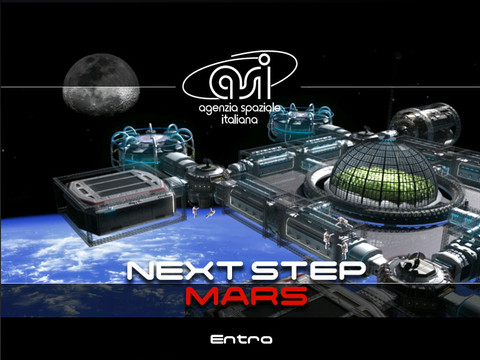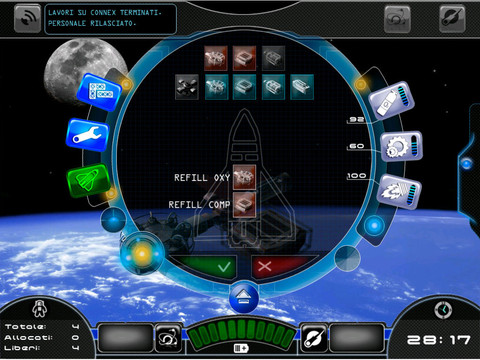The Italian Space Agency realized Next Step Mars. Next Step Mars is a space game, a galactic adventure where the goal is the colonization of Mars.
Unfortunately Next Step Mars is now only in italian, but the english and spanish versions are almost ready to be downloaded.
But let's try it anyway!
For customer support: info@asi-nextstepmars.it
Video tutorial and previews of the app:
[video:http://www.youtube.com/watch?v=q9Vhs8O-WFc]







